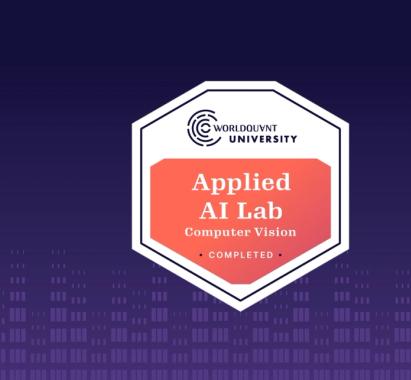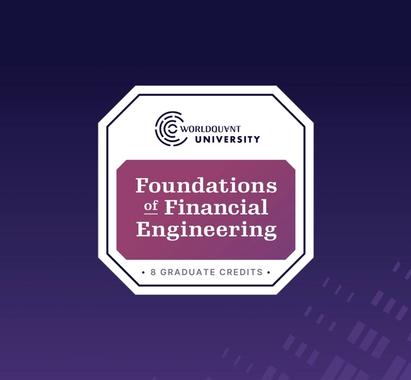Why Electrical Engineers, Applied Physicists and Computer Scientists make great Financial Engineers

Prospective students from a number of disciplines outside of Finance and Economics are often surprised to learn that their academic and professional experience makes them strong candidates for a career in Financial Engineering, and a great fit for our program. But what is financial engineering? And what skills are required?
Financial Engineering is, in fact, a highly interdisciplinary field. Applied mathematics, programming, and financial theory are among the skills most critical to success in Financial Engineering. That makes it a field of study particularly well suited to individuals who have earned degrees in applied mathematics, applied physics, computer science, and electrical engineering. These students often have the most success mastering the skills we teach and building a successful career in Financial Engineering, a field that is growing rapidly across the globe.
Why do candidates with these backgrounds have such high success in financial engineering? Because they have experience with
- data analysis
- differential equations and linear algebra
- computer programming languages like Python, C++, and Java.
- discrete optimization and mathematical modeling
- statistical programming languages like Maple, Matlab, R, or SPSS
The interdisciplinary nature of Financial Engineering also means there are many options when it comes to career opportunities. Traditionally, financial engineers have gone on to pursue careers in quantitative research and development, trading, or portfolio management. With each passing year, however, we see more and more businesses relying on quantitative analysts to support financial modeling and decision making. Those interested in moving into the public sector can pursue opportunities in research and policy development with governments and think tanks.
If you already possess some of these skills, studying Financial Engineering could be the right career for you. Learn more about WorldQuant University’s online and 100% tuition-free MSc in Financial Engineering or get started on your application today.



